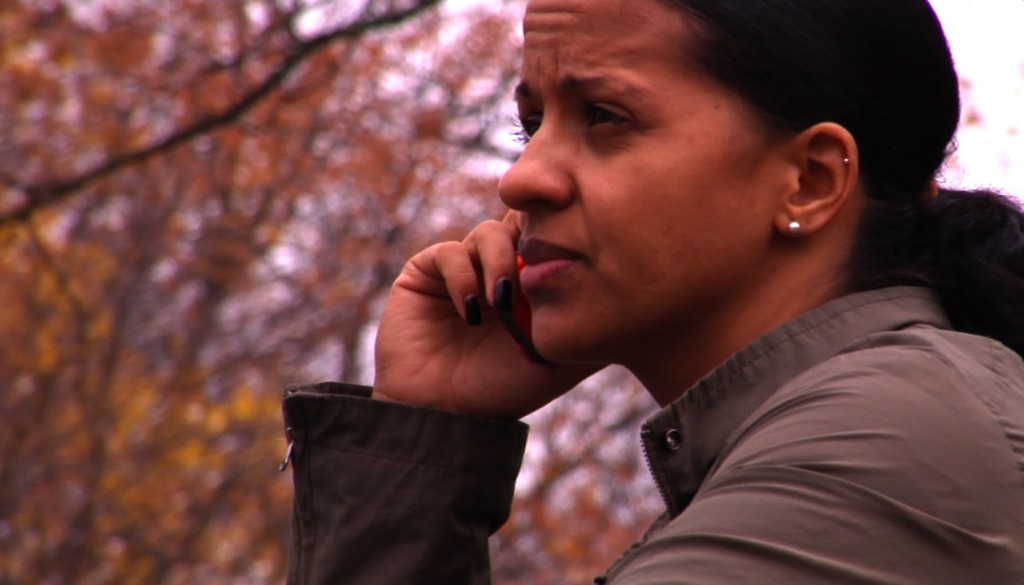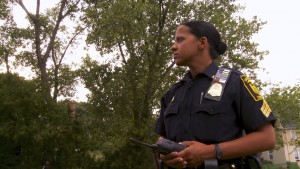Before retiring in June, I spent 20 years as a Hartford police officer, where I regularly advocated for gang prevention initiatives that would help youths succeed. I was assigned to the Homicide Division, Gang Intelligence and the Police Activities League (among others). In that time, the violence and bloodshed continued through a number of chiefs, enforcement philosophies and political administrations. As an officer, I took every violent act personally and clearly remember the screams I heard. But in all of those years, I saw very few cohesive, responsible, dedicated and accountable violence prevention strategies implemented within the city and community that I love. And that is troubling.
Studies show that roughly 2 percent of Hartford’s population commits most of the criminal acts. From firsthand experience, I know historically, and most likely now, there has been no plan for a brighter future or any extensive efforts to effectively reach those individuals (or those who will become that 2 percent). Much of what you hear are band-aid fixes, new program names and reliance on “hope” for what I see as a chronic sucking chest wound within the city.

We all have advocated for more resources and jobs at one time or another. But even successful prevention programs cannot compensate for the many other funded programs that repeatedly fail our youths, do not advance practice and provide low quality care for those in dire need. Overall, there is a gaping lack of accountability and oversight within these prevention initiatives, their methods and outcomes. We lose lives, miss opportunities and misspend millions without quality assurances and studied results. For example, crime prevention nonprofits submit self-evaluations and self-monitoring reports to receive funding while few watch for accuracy, data proof and outcome. I’ve seen it.
It seems to be part of a predominantly fruitless funding cycle between local, state and the federal government to nonprofit programs that ensures “just enough” is done to stay funded, yet does not mandate enough quality, sustainability, delivered skills and tracking of youth living in Hartford, where the risk of violence is high.
Let’s be clear, there are some great nonprofits that are doing the best they can. But, this is a result of a caring core of workers and prevention practitioners who are dedicated to the cause. Unfortunately, with little leadership and structure, real lives are lost, while a cycle of internal politics, budget tricks or optimistically framed statistics, distracts us all from a truth few are willing to share. We need to responsibly overhaul prevention strategies, reallocate what we spend and deliver effective care. In doing so we need to rigorously monitor results and ensure that people and families have the tools and skills needed to share in the American dream.
On the streets, I dealt with some of the most at-risk individuals in Hartford. I also regularly encountered too many parents, children, criminal offenders and victims who are completely uninformed about which nonprofit programs are available to them, or even what programs might be an appropriate fit for their needs.
Many years ago, I presented a number of ideas to then-Mayor Eddie Perez, which I believe could have changed Hartford’s dynamic; one of them being a citywide referral database by which all nonprofits receiving funding within the city would be required to register and share information with each other. This could help our community to better assess and serve youth and families in much more comprehensive ways, while providing the services they need. I also suggested we use out-of-state evaluators, who have no political ties or agendas. Doing this would ensure true compliance, value and service for the millions of prevention dollars being flooded into the same sections of the city. While I received no response from my presentation, it is more important to acknowledge that Hartford is not advancing as much as it should. In fact, history is repeating itself.
I have seen violence in the most profound, hurtful and personal ways. I would love to see department heads, politicians and the community stand for nothing less than true prevention through true accountability.
Karla Medina of Hartford is a retired Hartford police sergeant and participant in THE SWEETEST LAND



